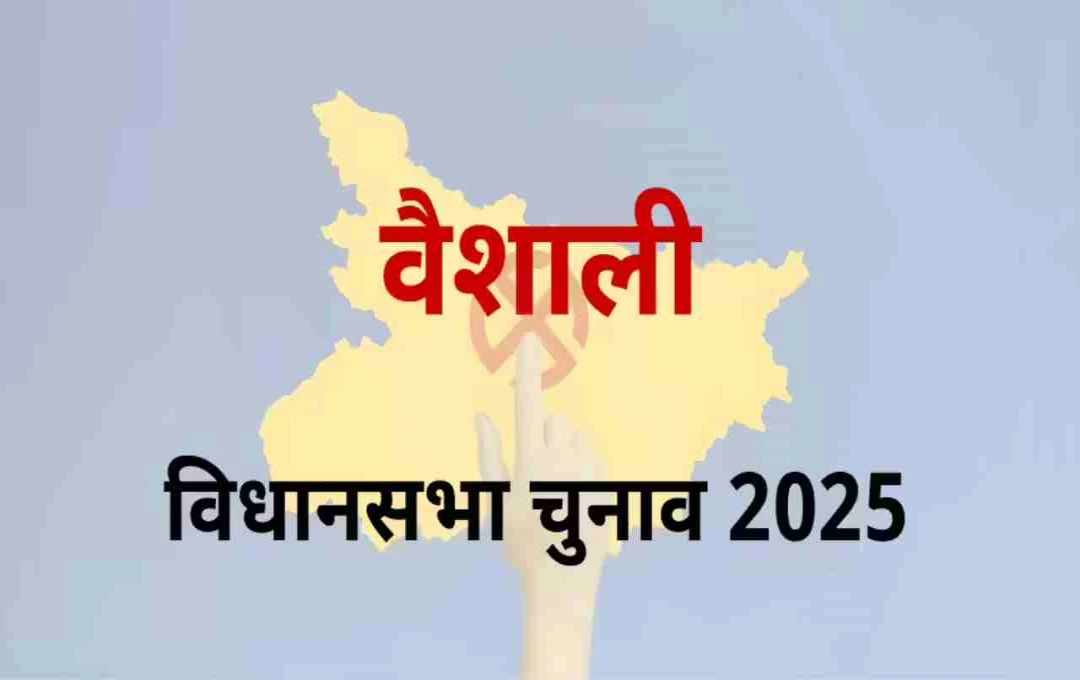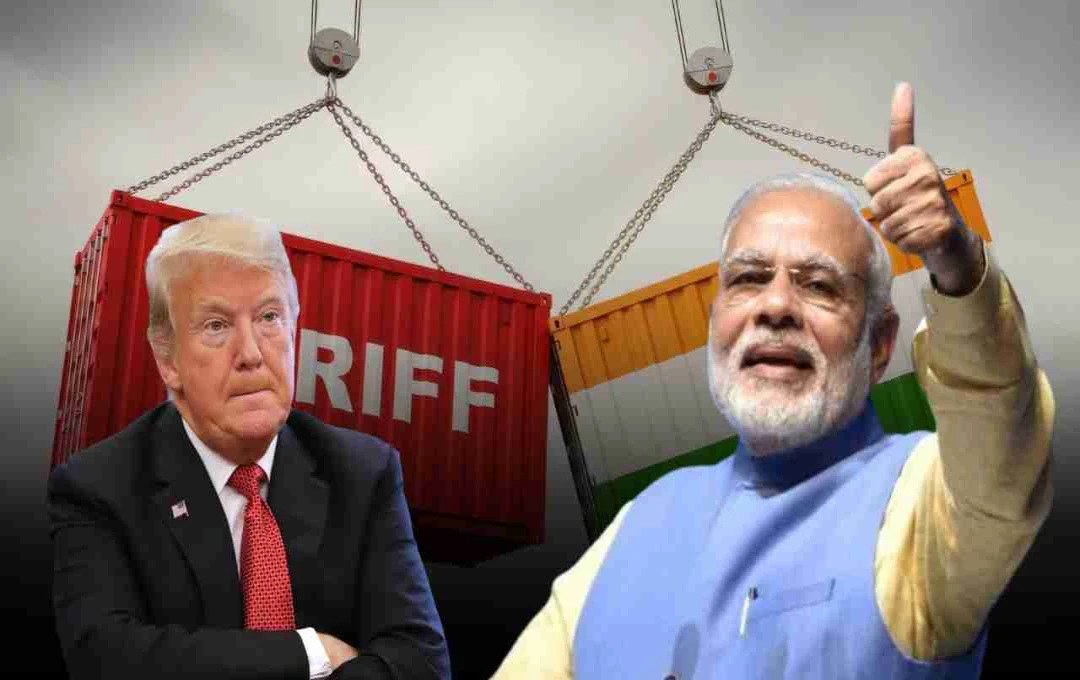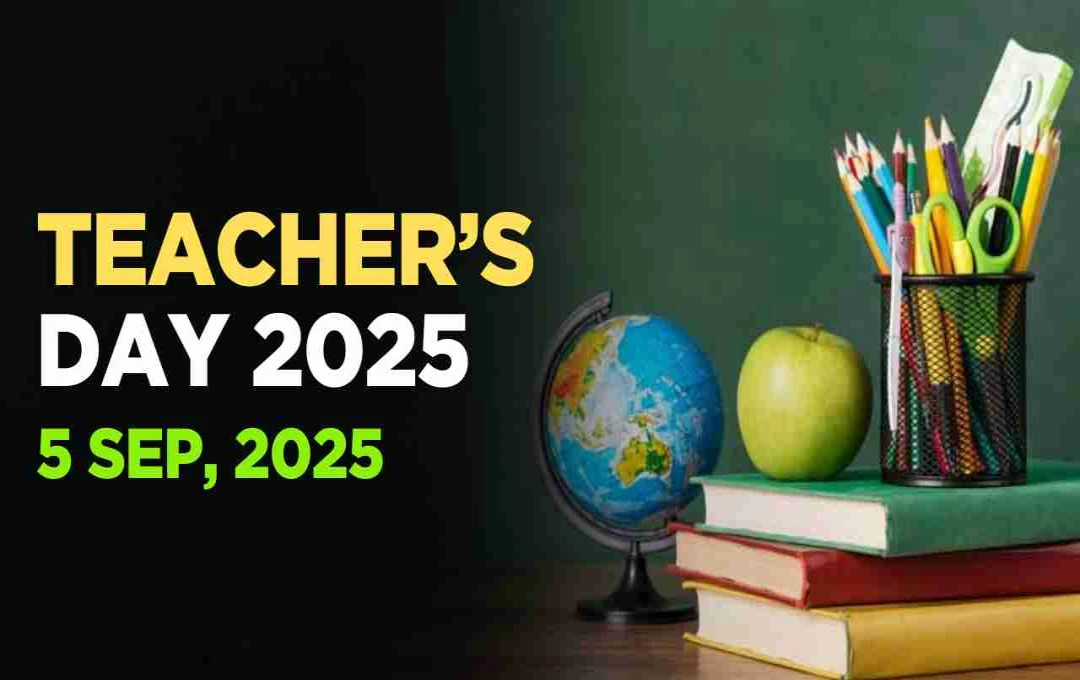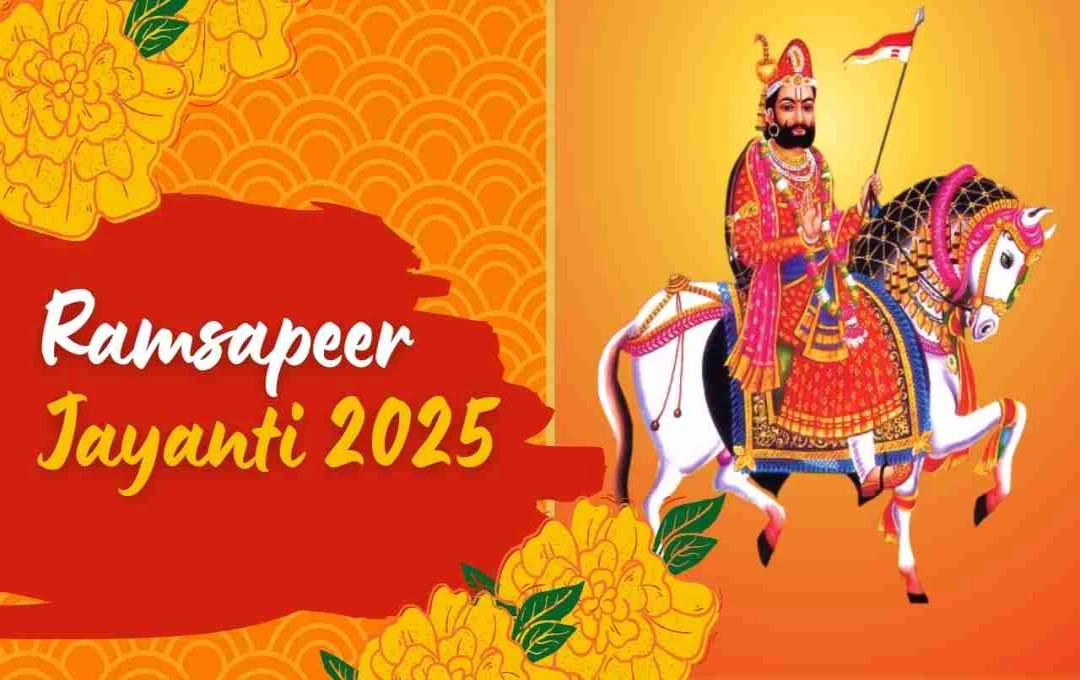Russian President Putin Warned Trump That Bullying Language Will Not Work With Countries Like India and China. He Said the World is Now Moving Towards a Multipolar System.
US Tariff: Russian President Vladimir Putin sent a b message to US President Donald Trump in a recent press conference. Putin clearly stated that countries like India and China, which are large nations, cannot be spoken to with "bullying" and pressure tactics. He openly discussed international diplomacy, economics, and security policy, making it clear that the world has entered a multipolar era where all countries have equal rights.
Putin's Direct Message to Trump
Putin said that the Trump administration should not try to pressure India and China through tariffs and sanctions. He stated unequivocally, "You cannot talk to India or China like this." Putin's statement came at a time when Trump imposed secondary sanctions on India for purchasing Russian oil.

Putin said that both India and China are not only countries with large populations and b economies, but they also have their own domestic politics and historical backgrounds. Using any kind of "punitive" or "threatening" language with such countries weakens international relations.
Why India and China Are Special Partners
Putin described India and China as "partners." He stated that the real objective of the US tariff and sanctions policy is to weaken the leadership of these countries. According to Putin, "There are countries like India, with a population of 1.5 billion. There is China, with its extremely b economy. Such countries have their own domestic politics, and no leader can show weakness in front of their people."
He explained that if the leader of a large country succumbs to pressure, their political career is put at risk. Therefore, equality and respect are essential in international relations.
The Era of Colonialism is Over
The Russian President also reminded America that the era of colonialism is now over. In today's world, no country can bully another. He said, "Washington must understand that the colonial language will no longer work in discussions with partner countries. All countries deserve equal respect."
Multipolar World and Equal Rights
Putin emphasized at the press conference that the world is now moving towards a Multipolar World. In this, no single country's bullying will work, nor will anyone's dominance be accepted.

He said, "Economic giants like India and China exist. Russia is also among the top four economies based on purchasing power. These are today's realities. But this does not mean that any single country will dominate Global Politics or Global Security. All countries should have equal rights."
Trump's Warning
Meanwhile, US President Donald Trump warned India that it would face serious consequences if it continued to purchase Russian oil. Trump imposed secondary sanctions on India and claimed that this step has already caused Russia losses of "hundreds of billions of dollars."
Trump even said that "second and third phases" of sanctions are also under consideration. He revealed, "Two weeks ago, I said that if India buys, it will have big problems, and that is what is happening."
Why Russia is Important for India
India has been a strategic partner of Russia for a long time. The relationship between the two countries is very b in defense, energy, and technological cooperation. Russia is selling oil to India at cheaper rates, which has strengthened India's energy security.
If India stops buying Russian oil under US pressure, its economy will be directly affected. Petrol and diesel prices will rise, and the burden on industries will increase. Therefore, it is imperative for India to maintain its relations with Russia.
Trade War Between China and America
While India is facing US pressure over Russian oil, China is also embroiled in a trade war with Washington. America has imposed heavy tariffs on Chinese goods. In response, China has also levied duties on many American products. Both countries are suffering losses in this economic conflict, but Putin claims that America is trying to weaken the major Asian powers with this policy.















